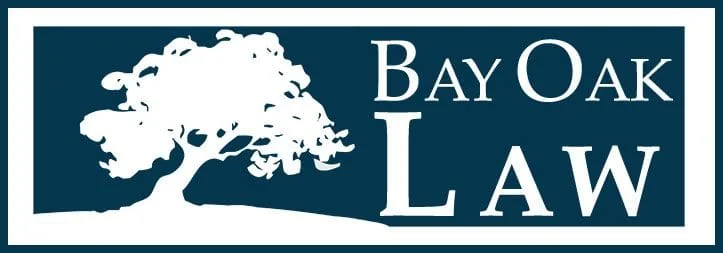- posted: Apr. 22, 2012
- Archive
The Economist reports that China is getting more serious about protecting intellectual property:
"[T]he changes are also the result of China’s legal system getting better. Two decades ago, many judges were political or military appointees and ill-equipped to try technical cases. Thanks to better training, particularly in Shanghai, Beijing and Shenzhen, that is now much less common."
As China moves from passively receiving intellectual property to creating IP, China will increasingly value it in court. China's development reminds me of another country that followed the route from IP rogue to IP mainstay.
In the 1830s and 1840s, Charles Dickens' books were popular on both sides of the Atlantic, but he got nothing from his books when they were published in the United States. He was subjected to extensive copyright infringement, as others profited from publishing his works. To turn the tide of money toward him, he toured extensively in the US, and was one of the first to discuss international copyrights.



